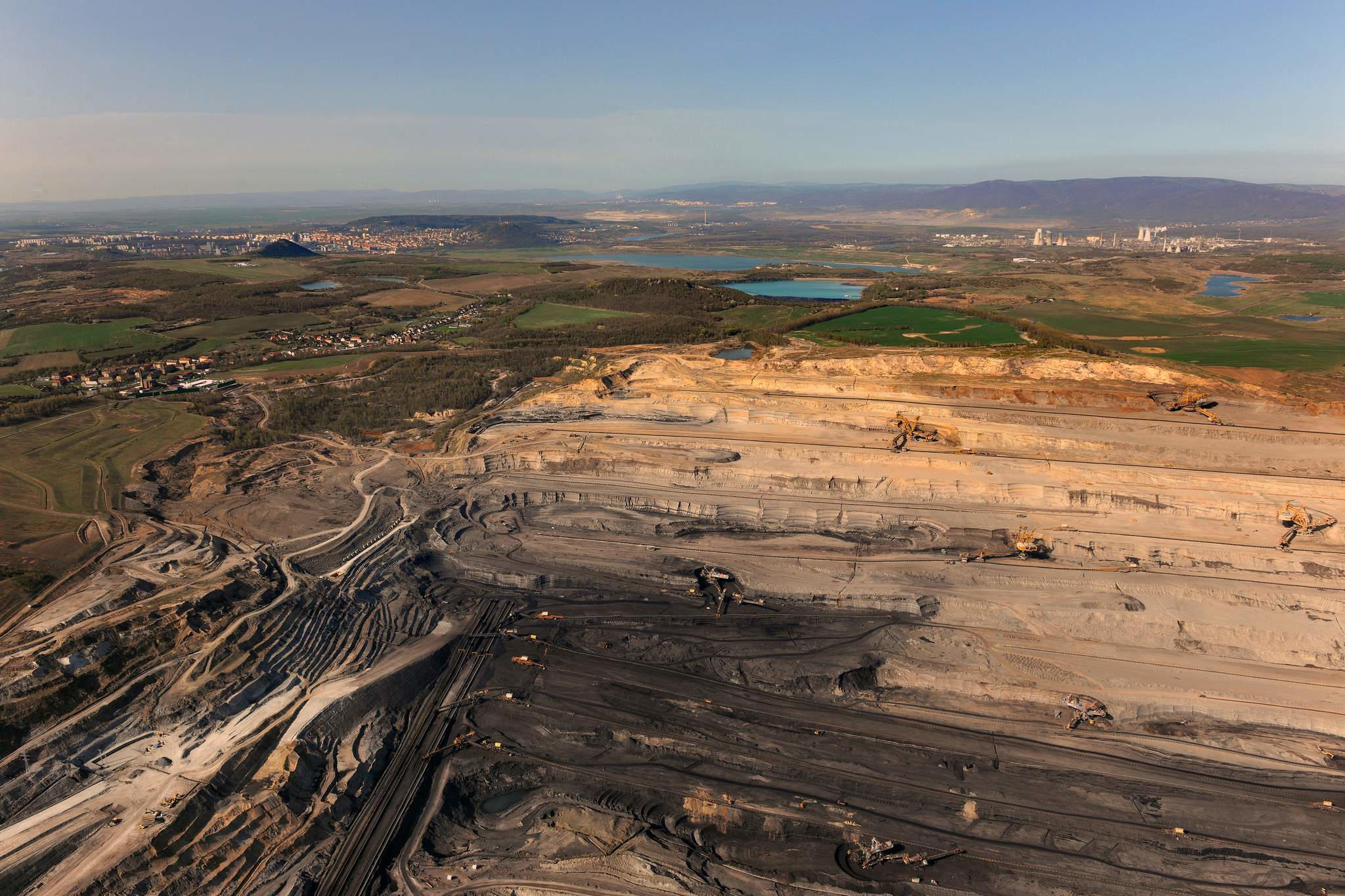
Mina de carbón Bjellina en la República Checa. Crédito: Marketa Hendrychova
La Universidad de Göttingen está colaborando con otros investigadores para estudiar el impacto de los recursos, la demografía y la disrupción en la transición hacia la energía limpia.
La última investigación que dirigió Universidad de Queensland y el Universidad de Gotinga Examinó los efectos de la transición a la energía limpia al correlacionar los inventarios de recursos globales con los sistemas demográficos para revelar los riesgos y beneficios potenciales. Los hallazgos sugieren que la mayor demanda de metales de transición energética (ETM) puede ser más perjudicial para algunas sociedades que la reducción de la producción de carbón térmico.
Los investigadores determinaron que si bien poner fin a la producción de carbón podría afectar al menos a 33,5 millones de personas que viven en sistemas de ciudades mineras, otros 115,7 millones podrían verse afectados por las interrupciones causadas por los minerales de transición energética (ETM). Los resultados han sido publicados en la revista

Image showing results of research: a map of Australia with “mine-town systems.” Credit: Dr. Kamila Svobodova
The researchers linked the location and type of resource with human settlements in order to assess interactions, dependencies, and contingencies between resources and populations – a “mine-town systems” approach. The research takes into account both sides of the energy transition by incorporating global resource inventories for coal on the one hand, and the energy transition metals on the other. Energy transition metals refer to the minerals that are required for renewable technologies to accelerate the transition to a clean energy future. These minerals and metals are essential for wind turbines, solar panels, and batteries for electric vehicles.
Dr. Kamila Svobodova, who led the study, is an Honorary Research Fellow at the University of Queensland and holds a research fellowship at the University of Göttingen. Svobodova explained: “These findings will help inform future planning and regulation of the energy transition. Our new mine-town systems approach establishes an empirical basis for examining the scale and location of demographic effects of changing energy systems.”
“The data shows an asymmetry in the distribution of risks: mine-town systems within the United States are most sensitive to coal phase-out, while systems in Australia and Canada are most sensitive to ETM phase-in. This study highlights an urgent need for more granular socio-economic data on populations living and working in affected areas, and for targeted macro-level planning in order to support a transition from coal to ETMs that is fair for local people.”
Svobodova adds: “Questions of social disruption are rarely considered at a global scale. However, in this study, we are able to deliver a global-scale model which can also be scaled down to national jurisdictions and regions which are under pressure from energy transition.”
Reference: “Decarbonization, population disruption and resource inventories in the global energy transition” by Kamila Svobodova, John R. Owen, Deanna Kemp, Vítězslav Moudrý, Éléonore Lèbre, Martin Stringer and Benjamin K. Sovacool, 15 December 2022, Nature Communications.
DOI: 10.1038/s41467-022-35391-2






More Stories
El jefe de la Agencia Espacial de EE.UU. quiere hablar con China sobre la basura espacial
Búsqueda de gemas: caracterización de seis planetas gigantes que orbitan enanas frías
La Administración Federal de Aviación de EE. UU. ha puesto en tierra los cohetes Falcon 9 de SpaceX en espera de una investigación sobre un raro accidente de aterrizaje frente a la costa.